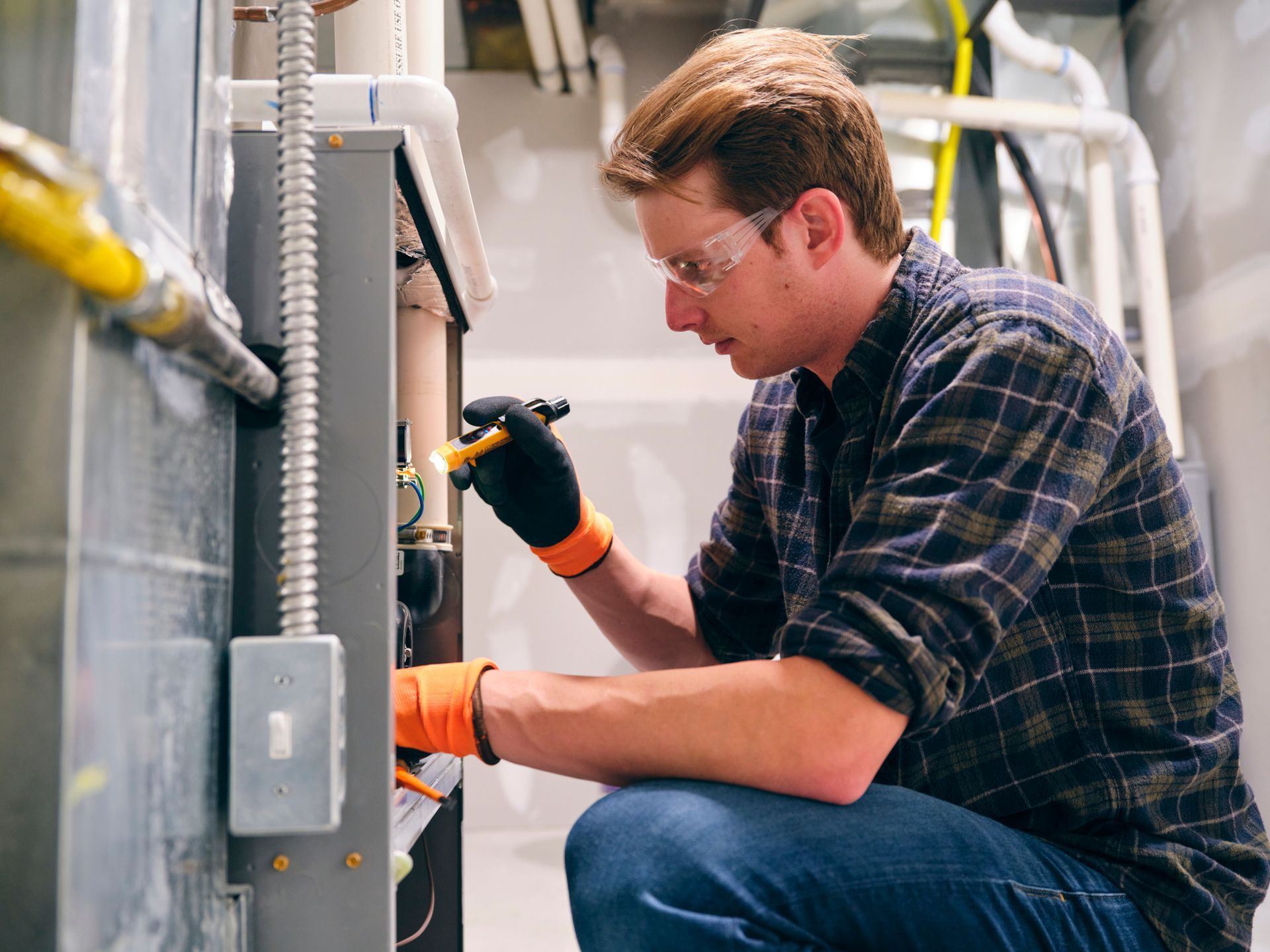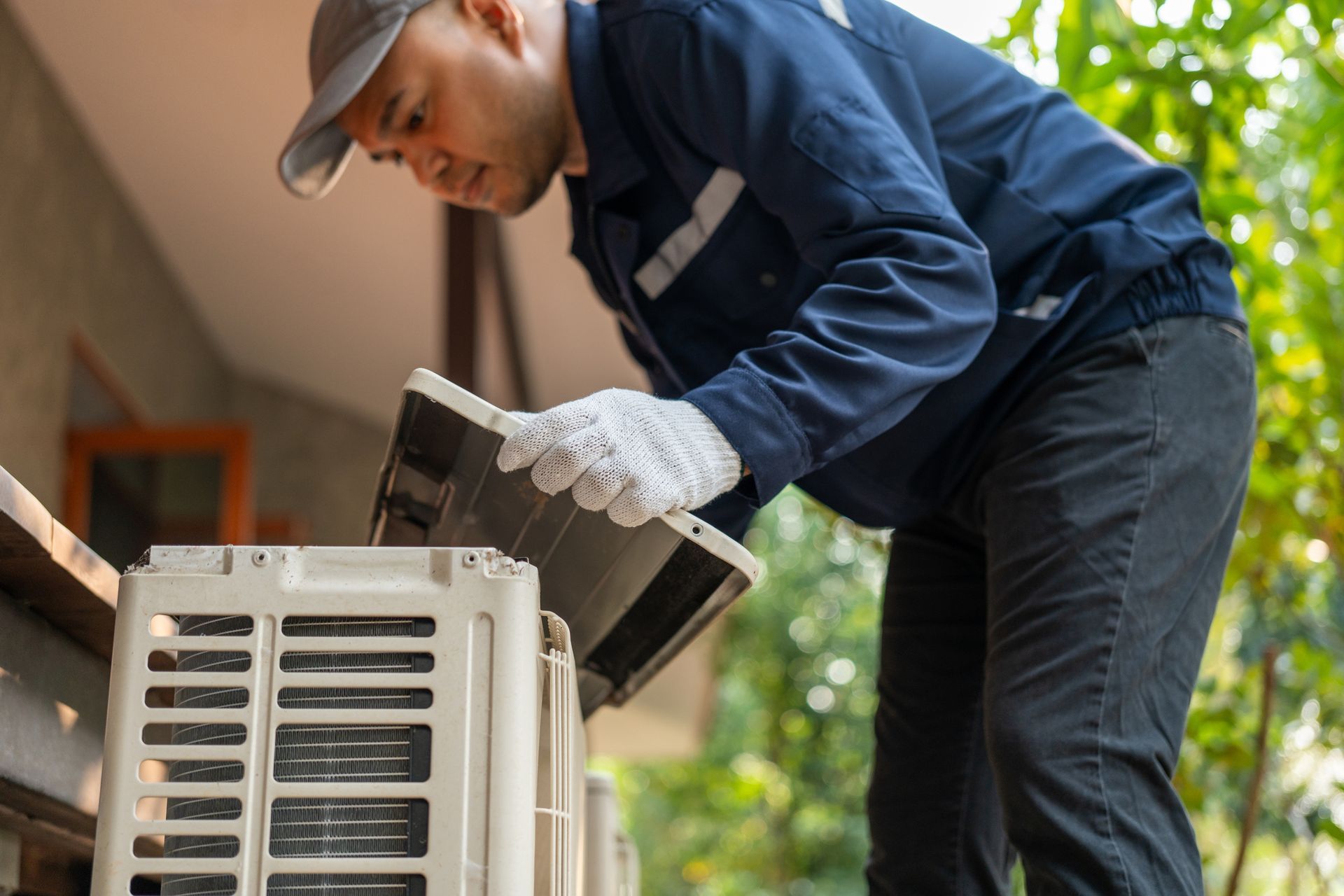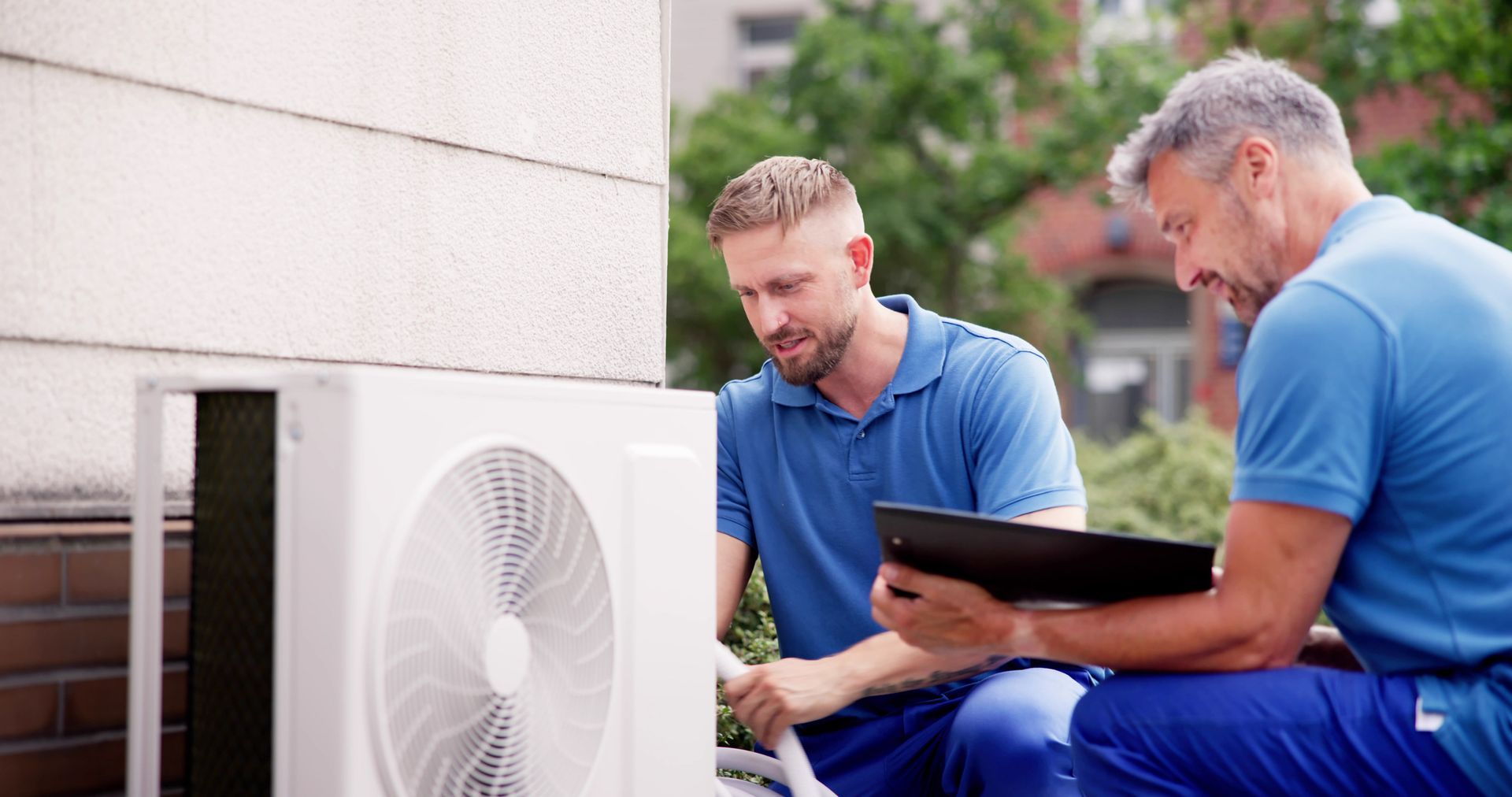AIR CONDITIONING SERVICES
SERVING SPRING, TX AND THE SURROUNDING AREA
The Heart of Home Heating: Natural Gas as the Primary Fuel for HVAC Systems
Introduction
In today's fast-paced world, we often spend a significant portion of our lives indoors, whether it's in our homes, offices, or other enclosed spaces. While we may not always realize it, the quality of the air we breathe indoors can have a profound impact on our respiratory health. Poor indoor air quality can exacerbate respiratory issues like allergies and asthma, making it essential to understand the connection between the air we breathe and our well-being.
The Indoor Air Quality Challenge
Indoor air quality (IAQ) is a complex interplay of various factors, including pollutants, humidity levels, ventilation, and temperature. Poor IAQ can be a result of a multitude of factors, such as:
1. Allergens: Dust mites, pet dander, pollen, and mold spores are common indoor allergens that can trigger allergies and asthma symptoms.
2. Volatile Organic Compounds (VOCs): Household products like paints, cleaning agents, and even certain furniture can emit VOCs that contribute to poor IAQ.
3. Tobacco Smoke: Smoking indoors releases harmful chemicals that not only affect the smoker but also linger in the air, posing risks to others.
4. Inadequate Ventilation: Limited airflow and poor ventilation can lead to a buildup of pollutants and indoor air stagnation.
The Impact on Respiratory Health
1. Exacerbation of Allergies: Poor IAQ can significantly worsen allergy symptoms. Allergens like dust mites and pollen, when present in high concentrations, can trigger sneezing, runny nose, itchy eyes, and other allergic reactions.
2. Asthma Aggravation: For individuals with asthma, exposure to indoor air pollutants can be particularly problematic. Common asthma triggers such as mold, smoke, and VOCs can lead to increased asthma attacks and decreased lung function.
3. Respiratory Infections: Poor IAQ can also increase the risk of respiratory infections, as viruses and bacteria can thrive in stagnant indoor environments. Inadequate ventilation can contribute to the spread of these pathogens.
Preventing Respiratory Issues through Improved IAQ
1. Regular Cleaning: Regular cleaning of your living space is essential in reducing allergens like dust mites and pet dander. Use high-efficiency particulate air (HEPA) filters in vacuum cleaners to trap allergens effectively.
2. Adequate Ventilation: Ensure proper ventilation by opening windows and using exhaust fans when cooking or bathing. Consider installing air purifiers with HEPA filters to remove airborne pollutants.
3. Control Humidity: Maintain indoor humidity levels between 30-50% to prevent mold growth. Dehumidifiers and air conditioners can help in achieving this balance.
4. Avoid Smoking Indoors: If you or anyone in your household smokes, create a designated outdoor smoking area to prevent indoor exposure to harmful tobacco smoke.
5. Choose Low-VOC Products: When redecorating or renovating your home, opt for low-VOC or VOC-free paints, adhesives, and furniture to reduce the release of harmful chemicals.
6. Regular HVAC Maintenance: Ensure that your heating, ventilation, and air conditioning (HVAC) systems are well-maintained and have clean filters. This helps in efficient air circulation and filtration.
Conclusion
Respiratory health is a vital aspect of our overall well-being, and the air we breathe indoors plays a significant role in maintaining it. Poor indoor air quality can exacerbate respiratory issues like allergies and asthma, making it essential to take proactive steps to improve the air quality in our homes and workplaces. By addressing common indoor pollutants, practicing good hygiene, and investing in air purification technology, we can create healthier indoor environments that promote respiratory wellness and overall health. Prioritizing indoor air quality is an investment in a healthier and happier life.
Call today for professional HVAC services in Houston, TX.
Contact us by calling 281-876-9400, or fill out the form below and we will be in contact within one business day.
Website Lead
Thank you for contacting us!
We will get back to you as soon as possible.
Oops, there was an error sending your message.
Please try again later...
FINANCING OPTIONS ARE AVAILABLE
CONVENIENT PAYMENT OPTIONS | SIMPLE ONLINE APPLICATION
Up to 72 Months
with No Interest Financing Available
CONVENIENT PAYMENT OPTIONS | SIMPLE ONLINE APPLICATION
- No Service Charge for Any Visit While Under Contract
- 31-Point Air Conditioner Inspection
- 30-Point Heater Inspection
- Response Within 24 Hours
- Member Only Discount
- Bi-Annual HVAC Maintenance
REFERRAL PROGRAM
Had a great experience with us? Tell a friend! Learn more about our rewarding Referral Program here!
WATCH OUR FEATURETTE FROM

Houston Admiral is proud to be a RUUD Pro Partner and will service all makes and models!
PROUDLY SERVING SPRING, TX
AND THE SURROUNDING AREA
Spring, TX
Conroe, TX
Houston, TX
Magnolia, TX
The Woodlands, TX
Katy, TX
Tomball, TX
Jersey Village, TX

All Rights Reserved | Rose Hill Enterprises LLC
License no. TACLA14868E
Phone
281-876-9400
Address
14925 Stuebner Airline Road, Suite 207
Houston, Texas 77069
Hours of Operation
- Mon - Sun
- Open 24 Hours
















